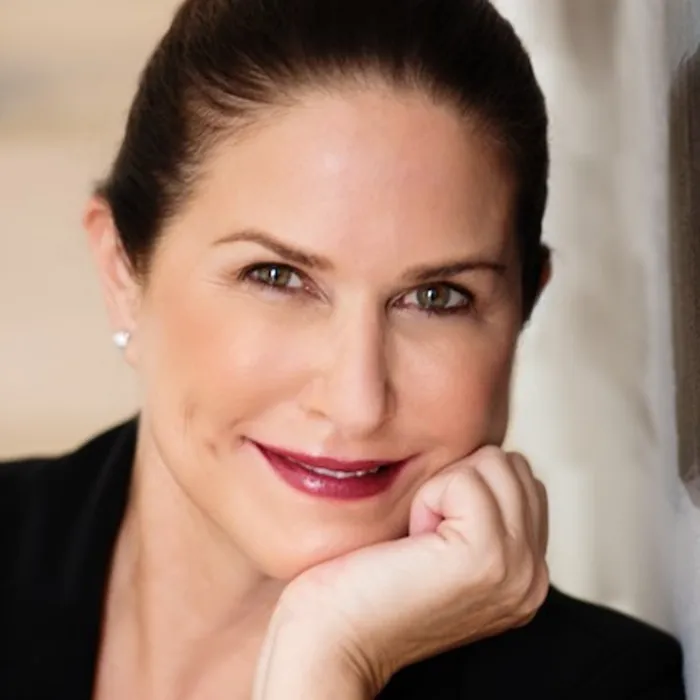How declining customer trust could bite SA’s big banks in the bottom line

Nathalie Schooling is a customer experience specialist and CEO of nlightencx. File Image: IOL
By Nathalie Schooling
This is likely due to it being a traditionally insulated industry with high barriers to entry by new competitors. Together with administrative procedures that make it difficult for existing customers to switch to an opposition financial provider, banks tend to be complacent.
In-house research among nlightencx’s customer base shows that 50% of those who did move banks, despite the onerous administration involved, did so for reasons of Trust and Security, while another 50% did so for a Better Client Experience. Better Banking Fees and Better Products/Solutions – the two other categories listed in the research – played no part in the decision to switch banks.
In a previous nlightencx snap poll conducted this year, which also looked at the banking sector in South Africa, only 24% of respondents were happy with their current bank.
Banks are increasingly in the spotlight over a range of ethical, trust and customer service issues. And all too often, they are not coming up smelling of roses.
This at a time when the Edelman Trust Barometer 2023 shows that South Africans are increasingly turning to businesses, rather than the State, as trusted partners in addressing our society’s challenges.
Is there a ‘right to bank’?
A good example is the recent controversial decision by a major bank to close the bank account of a local media house due to claimed reputation risk. The decision left many questioning the move by the financial institution, given lack of legal grounds, and citing a ‘right to bank’.
Many businesses are saying, ‘Well, if it can happen to other companies, it can happen to me. If I cannot bank, I could be out of business.
I believe such actions may also contravene the Financial Sector Conduct Authority’s ‘Treating Customers Fairly’ (TCF) obligations, which specify treating customers fairly must be “central to the corporate culture” of South African financial institutions.
Other customer trust issues
There have also been other recent consumer trust issues involving the banking sector. For example, the Reserve Bank was hacked in late 2022, and in March 2021, the South African branch of the TransUnion credit organisation lost four terabytes of customer data, putting millions of clients at risk of identity theft. It also received a ransomware demand of $15 million (R286m). TransUnion is a registered credit bureau and a repository of credit information on consumers and businesses.
If you browse any of the social media platforms and complaints websites, you will also see a huge number of grievances about the customer experience received from the traditional banks.
Younger, leaner digital competitors
The ‘household’ names are lagging other industry sectors, and what they seem to forget is that once customer trust is lost, it’s incredibly hard to get it back. In addition, there are many digital-only banks that have now become credible industry players. They are young, lean, enthusiastic and have cut the bureaucracy to a minimum. They are a real threat to the established order, especially among the growing cohort of younger consumers.
The PwC Major Banks Analysis published in March 2023 agrees with this assessment, noting in part that: “Competition in South African retail and business banking remained intense, amplified by niche lenders with more agile tech stacks and new product offerings. The risk outlook remains dynamic and evolutionary.”
Similar international trends
International banking trends are similar. The US Banking Customer Experience Index, 2022 report by Forrester research noted a decline in banking customers’ trust and emphasised that “While many direct and multichannel bank customers think their experience is excellent, more than one-third still believe the experience is either poor or very poor”.
The Forrester research team added that improving customer experience (CX) goes straight to the bottom line. For a large multichannel bank, a one-point improvement in its CX Index score can lead to an incremental $123m in revenue. For a direct bank, it can lead to an incremental $92m in revenue.
A quote from loyalty expert Fred Reichheld’s book ‘The Ultimate Question – Driving Good Profits and True Growth’, published by Harvard Business School Press, sums it up:
“Whenever a customer feels misled, mistreated, ignored or coerced, then profits from that customer are bad … Bad profits arise when companies save money by delivering a lousy customer experience. Bad profits are about extracting value from customers, not creating value.”
Nathalie Schooling is a customer experience specialist and CEO of nlightencx.
BUSINESS REPORT
Related Topics: